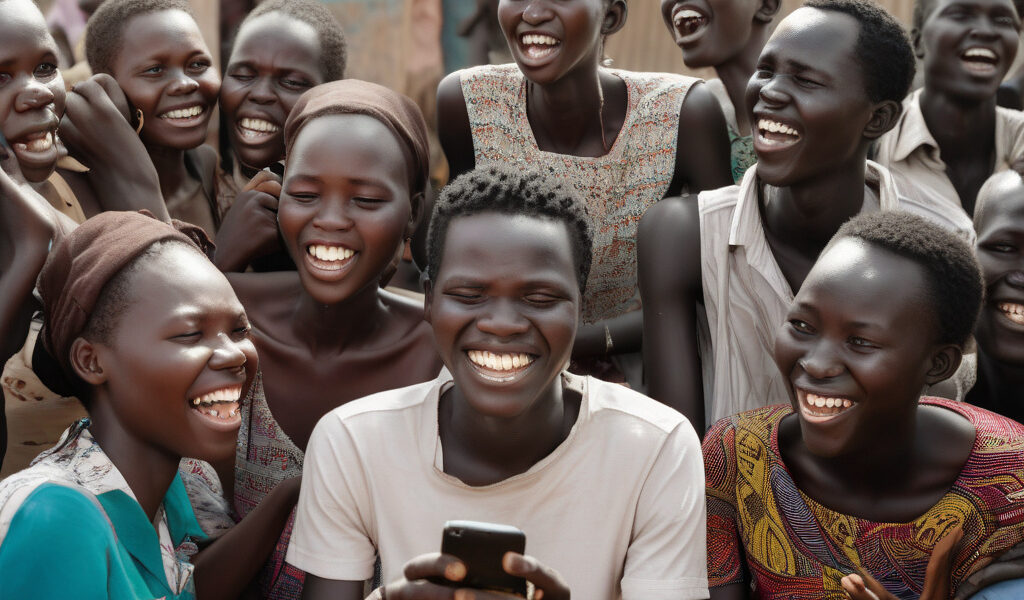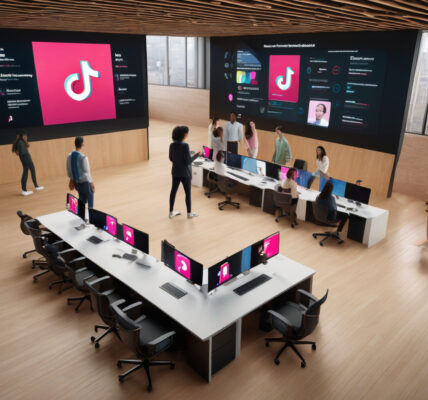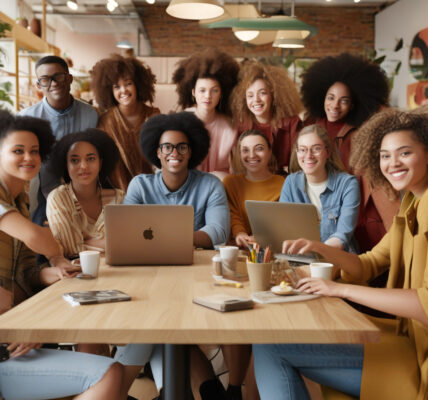South Sudan lifts ban on Facebook and TikTok after violent unrest
South Sudan Lifts Ban on Facebook and TikTok: Balancing Online Safety with Public Rights
South Sudan, a country plagued by violent unrest, has recently made a significant decision regarding its digital landscape. The authorities in South Sudan have lifted the ban on popular social media platforms Facebook and TikTok, signaling a shift in their approach to online censorship and regulation. This decision comes in the wake of the government’s efforts to address the challenges of balancing online safety with public rights in a country where social media has played a complex role in shaping public discourse and political dynamics.
The ban on Facebook and TikTok was initially imposed in response to the violent unrest that erupted in South Sudan. The government viewed these platforms as potential facilitators of misinformation, hate speech, and incitement to violence during times of political turmoil. However, the blanket ban on these social media platforms also raised concerns about freedom of expression and access to information, sparking a debate about the limits of government control over the digital space.
By lifting the ban on Facebook and TikTok, South Sudanese authorities are signaling a more nuanced approach to managing online content. The move acknowledges the importance of these platforms in facilitating communication, sharing information, and connecting people, especially in a country where traditional media outlets may be limited or controlled. It also reflects a recognition of the rights of citizens to access and engage with digital platforms as part of their freedom of expression.
The decision to lift the ban on Facebook and TikTok is a positive step towards promoting a more open and inclusive digital environment in South Sudan. However, it also raises important questions about how the government plans to address the challenges of regulating online content while upholding public rights. Balancing online safety with freedom of expression requires a comprehensive approach that takes into account the complex dynamics of the digital landscape.
One potential strategy for achieving this balance is the implementation of targeted content moderation policies that focus on removing harmful or illegal content while preserving the diversity of voices and opinions online. By investing in tools and technologies that can help identify and address problematic content, South Sudanese authorities can create a safer online environment without resorting to blanket bans or censorship.
Another key aspect of balancing online safety with public rights is promoting digital literacy and awareness among the population. By educating citizens about the risks of misinformation, hate speech, and online violence, the government can empower individuals to navigate the digital space responsibly and ethically. This can help build a more resilient society that is better equipped to counter the negative impacts of harmful online content.
In conclusion, the decision to lift the ban on Facebook and TikTok in South Sudan reflects a growing recognition of the importance of balancing online safety with public rights in a digital age. By adopting a more nuanced approach to regulating online content and promoting digital literacy, the government can create a healthier and more inclusive digital environment for its citizens. As South Sudan continues to navigate the complexities of the digital landscape, it is essential to prioritize the protection of public rights while addressing the challenges of online safety.
South Sudan, Facebook, TikTok, online safety, public rights












